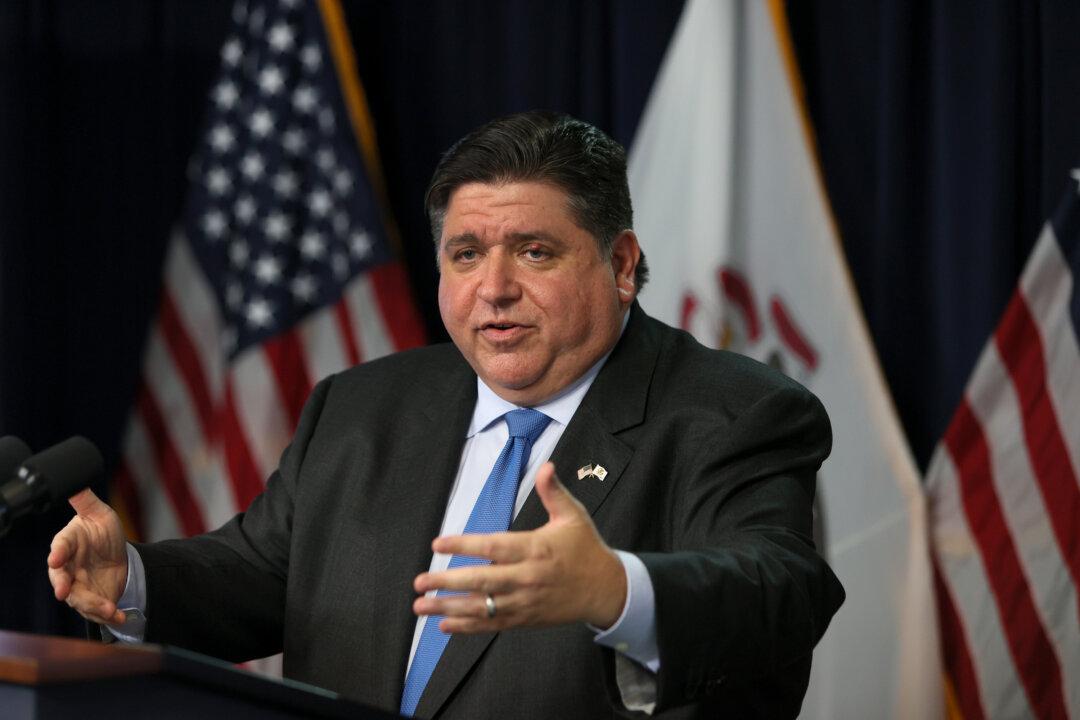Illinois Governor JB Pritzker has signed a bill that will put an end to the state’s 1 percent grocery tax, reassigning responsibility for the tax to local governments, which can choose to forego the revenue it generates or reimpose the tax locally without having to get voter approval.
When Pritzker signed House Bill 3144 into law an Aug. 5, Illinois joined the other 37 states that don’t have a state grocery tax.





